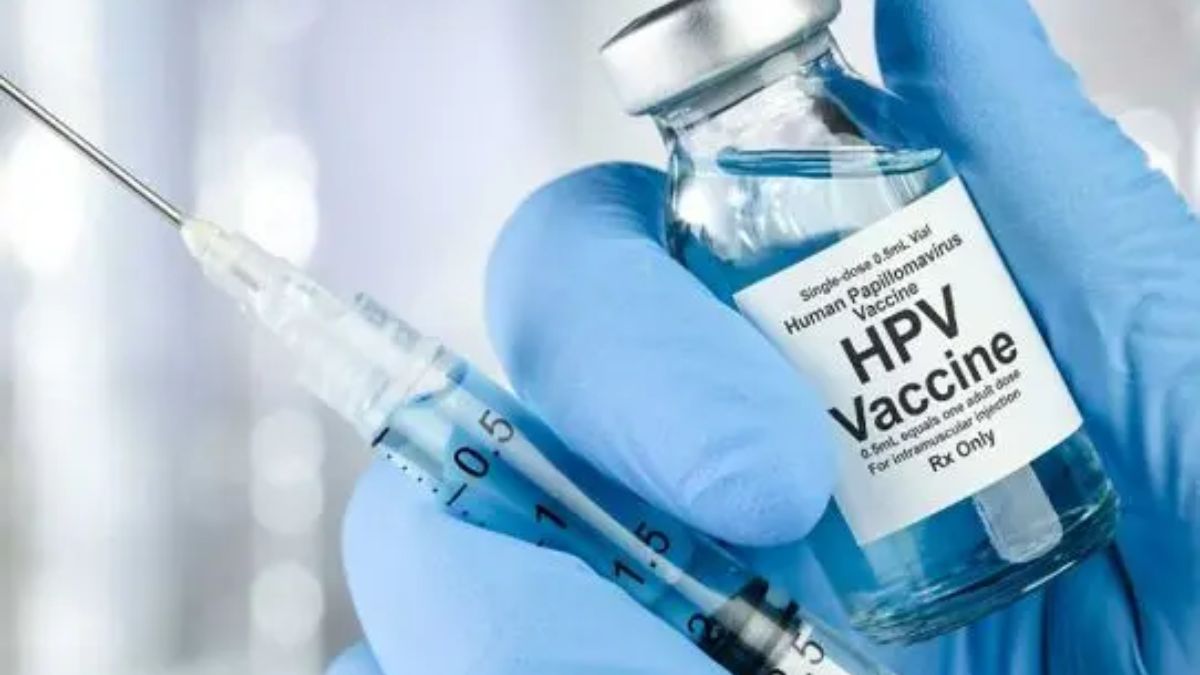Nigeria has launched a major HPV (human papillomavirus) vaccination campaign, aiming to provide protection to 7.7 million girls. This campaign represents the most extensive single-round HPV vaccination effort in the African region.
The primary objective is to safeguard girls from the virus that is the root cause of nearly all cervical cancer cases. Girls between the ages of 9 and 14 will receive a single dose of the vaccine, known for its high effectiveness in preventing HPV types 16 and 18 infections, responsible for at least 70% of cervical cancers.
The introduction of HPV vaccination into national immunization programs is recommended for countries where cervical cancer is a significant public health concern, and Nigeria is committed to making it part of its routine immunization schedule.
The Coordinating Minister of Health & Social Welfare, Muhammad Ali Pate, emphasized the importance of this vaccination campaign in reducing cervical cancer cases. He noted that cervical cancer, largely caused by HPV, is preventable through this vaccine, and it aligns with the health agenda of President Bola Ahmed Tinubu, focusing on saving lives, improving health outcomes, and protecting the well-being of Nigerians.
Pate encouraged parents to ensure their daughters receive this vaccine to prevent the loss of lives and suffering caused by cervical cancer.
The vaccination campaign will be carried out over five days in schools and communities across 16 states and the Federal Capital Territory. Subsequently, the vaccine will be integrated into regular immunization schedules at health facilities.
The second phase of vaccination is scheduled to start in May 2024, covering 21 states.
It’s worth noting that the vaccine is provided free of charge and is made available through the Federal Ministry of Health, with support from organizations such as Gavi, the Vaccine Alliance, UNICEF, WHO, and various partners.
Over 35,000 healthcare workers have been trained to facilitate the campaign, and vaccination sites have been established in all 4,163 wards across the 16 states included in the initial rollout. Mobile vaccination units have also been set up to ensure access to remote communities.
In Nigeria, cervical cancer is the third most common cancer and the second leading cause of cancer-related deaths among women aged 15 to 44. In 2020, the country reported 12,000 new cases of cervical cancer, resulting in 8,000 deaths.
While global supply shortages of vaccines have been a challenge, the situation is gradually improving due to market development efforts and the recommendation for a single-dose vaccine. Gavi, the Vaccine Alliance, with the support of partners, has embarked on an ambitious project to reach over 86 million girls by 2025, aiming to prevent over 1.4 million future cervical cancer-related deaths through an investment exceeding US$600 million by the end of 2025.




